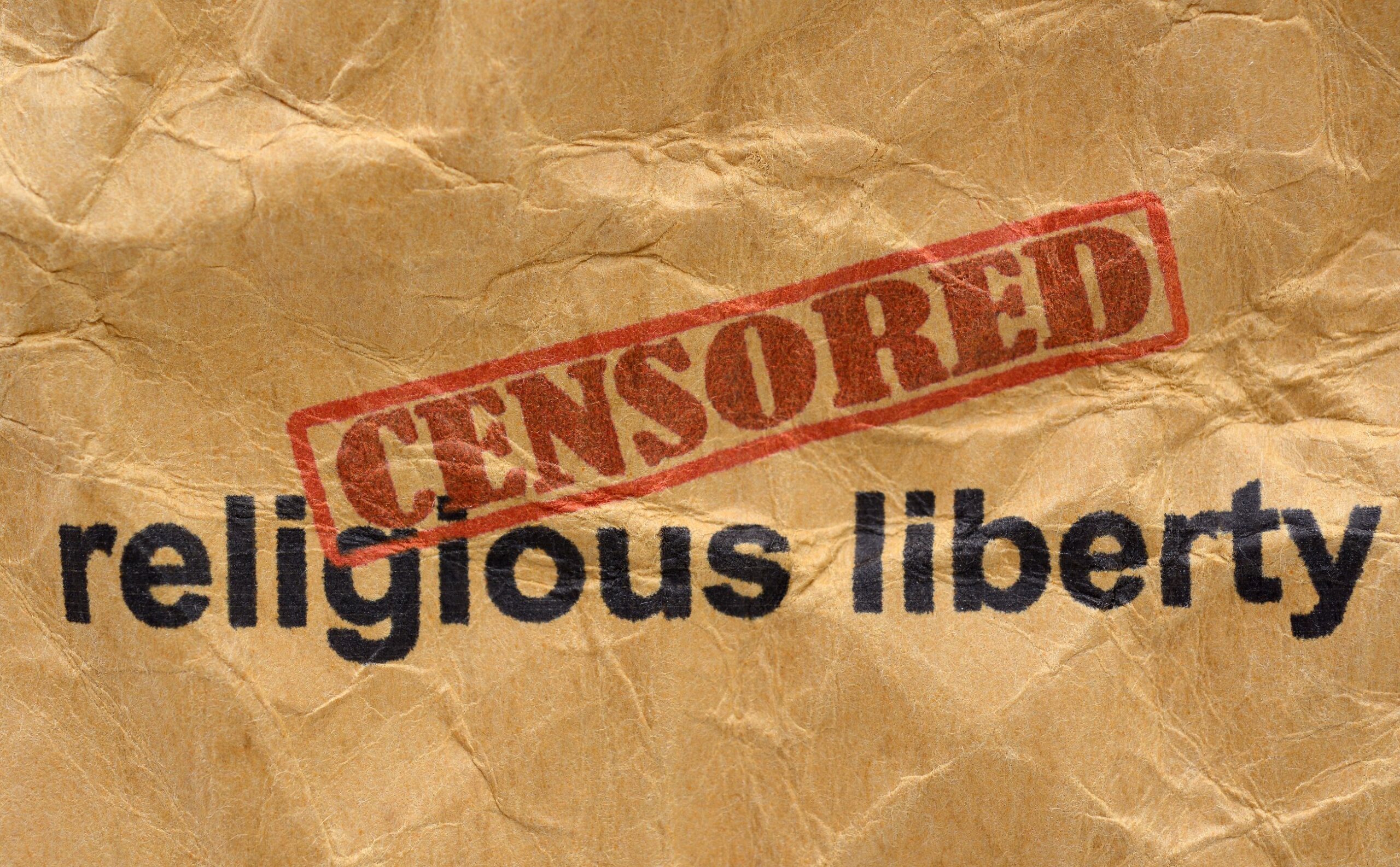Applications for non-public school students to participate in public school activities began on Aug. 1 and so far, concerns schools would face a flood of homeschool or private school players on their teams have been a bit — overblown.
Senate Bill 113, which among other things, provided this opportunity took effect on July 1, 2023. Since the Kansas State High School Athletics Association began taking applications for fall sports there have been just 45 high school and 40 junior high students apply, according to KSHSAA Assistant Executive Director Jeremey Holladay. Holladay said applications for fall sports will close on August 14, the day practice officially begins in Kansas.
Students will be required to reapply seasonally, so for example, a football player who wishes to play basketball would need to reapply for winter sports at the end of the football season.
Holladay said KSHSAA is doing their best to “interpret and honor the wishes of the bill.”
“So we’ve come up with a process that parents can go on our website and fill out an application, for lack of a better term, whether it’s a homeschool student or a private school student to participate in athletics and activities at the public school where they reside,” he said. “They just tell us, you know, obviously, who the student is, how old they are, and what sport they would want to play in and where they would want to do that,
“Then they obviously have to provide the address so we can verify that, indeed, that student lives within that boundary. Then obviously, they have to provide some academic support that they are taking classes whether it be at home school or at a private school, and we look over all that information and make sure it’s all good to go, before we can allow them to participate at public school.”
Schools are allowed, under the bill, to require any outside student to enroll in any course that would be required for public school students to participate in an activity.
For example; if a homeschooler wished to participate in debate, and the school required students to take a debate course, then the student would be required to enroll in that course.
Holladay said he wouldn’t necessarily describe the process so far as “smooth” but schools are adjusting.
“Obviously, there’s some in the state that feel this isn’t this isn’t right,” he said. “You know, we’ve got kids in our building that are kind of having a [different] standard compared to other students.
“And then obviously, you’ve got some others that are looking at as an opportunity to get kids in their school that they’ve never had before — and get new new students in their building potentially. So yeah, it’s a mixed bag.”
While there are a few days left, Holladay said he would agree that based on “just pure numbers,” this has not been a major disruption for districts across the state.
Opponents cry ‘end of high school sports’
Opponents of the bill came out in force earlier this year, citing largely the same talking points.
Multiple opponents, including Ann Mah, of the Kansas State Board of Education, Larned Superintendent of Schools Bryce Wachs, Jamie Finkeldei the associate superintendent of the Catholic Diocese of Wichita and the president of the Kansas Association of Independent and Religious Schools (KAIRS), and state PTA President Patty Jurich, came out strongly against the bill, often using very similar language.
They all said the bill would bring “unintended” potential for “misuse” and suggested parents would game the system to keep kids who were failing from being declared ineligible by pulling them out of school.
“Public school students who have not been allowed to participate in activities because of failing academic grades will now be able to simply withdraw from the public school to attend a nonpublic school …” Mah wrote. A sentiment which was echoed in multiple other testimonies.
“Our schools have a policy that if a student is failing two or more classes they are ineligible for a week and then put on a week-to-week contract, which allows them to compete if they keep their grades up, but ineligible if their grades slip,” Finkeldei wrote. “There is no doubt in my mind that there are parents who, when faced with that scenario, will pull their kids from school to “homeschool” them and they will no longer be failing any classes.”
None of the opponents, however, cited any examples supporting their concerns from the 30 other states which allow homeschool students to participate in public school activities.



